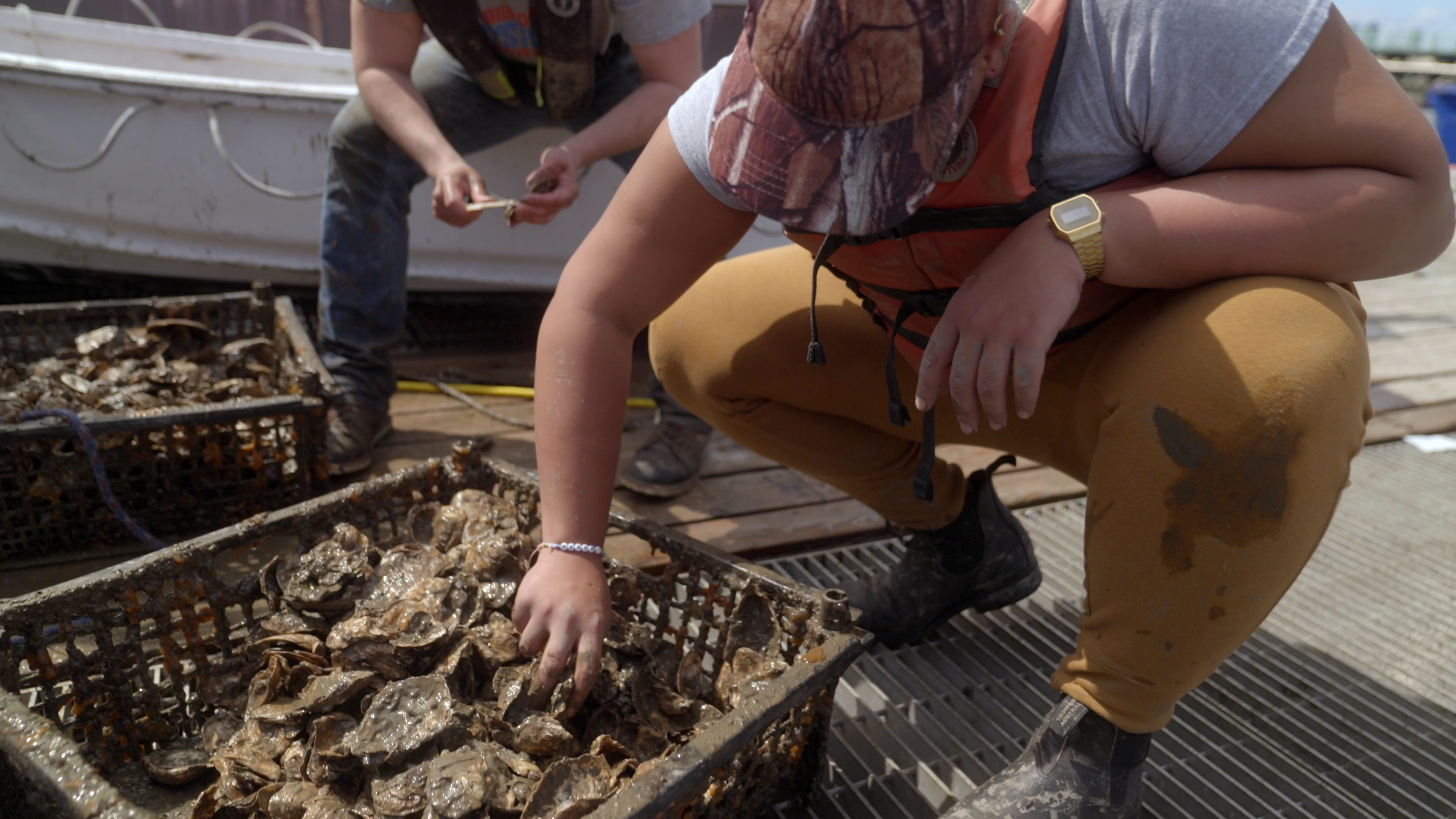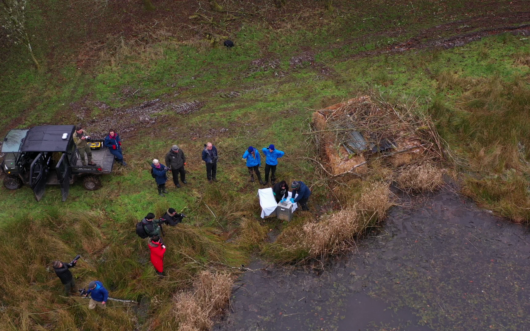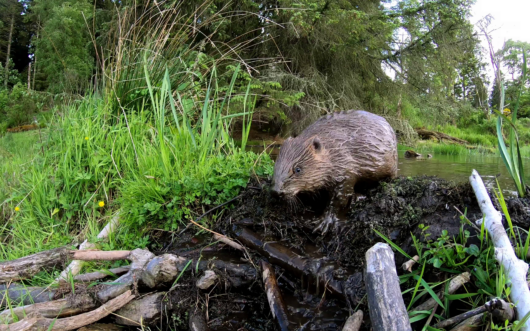Become a Wild Hoper
All Episodes
Episode 15: Coral Comeback
Episode Location
Moku o Loʻe, Hawaii
Coral reefs around the world are threatened by rising ocean temperatures, but hope is growing off the coast of Hawaii. There, researchers at the Coral Resilience Lab selectively breed corals to withstand ever-increasing amounts of heat stress.
Corals are tiny animals that have a mutually beneficial relationship with an algae that lives within their cells. When stressed by heat, many expel their algae and turn white — known as “bleaching” — losing their main source of food and often dying within days. Half of all coral has been lost since the 1950s. But some corals do survive these bleaching events, and they’ve become the focus of Kira Hughes and her team’s work. By selectively breeding the coral that doesn’t bleach, Kira hopes they can increase their resilience from one generation to the next.
To scale up their efforts, Kira’s team collects coral pieces that have naturally broken off in the ocean. With the help of volunteers, they prep and test these corals, and eventually replant the heat-tolerant corals they’ve found back into the reef they came from. This year, for the first time, the selectively bred coral “babies” will be planted too, giving the reef a fighting chance to survive the warming ocean.
Frequently Asked Questions
Is there any way to reverse coral bleaching?
Coral bleaching occurs when polyps are exposed to high temperates and expel their symbiotic algae — and if water temperatures quickly drop back down to tolerable levels, it is possible that bleached corals can recover their algae.
However, if temperatures stay too high for too long, the polyps will die and the reef system risks collapsing altogether. Once fully bleached in this manner, coral cannot recover.
It’s for this reason that the research at the Coral Resilience Lab is focused on breeding coral that doesn’t bleach in the first place — if these new corals can withstand rising temperates, they’ll be able to resist bleaching entirely.


